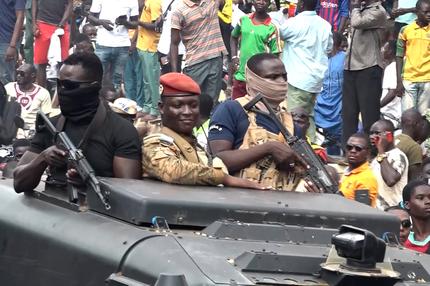Burkina Faso: Understanding the Current Challenges and Changes

Introduction
Burkina Faso, a landlocked country in West Africa, has been facing significant challenges over the past few years, particularly in terms of security and political stability. This nation, known for its rich culture and history, is currently at a crossroads, making it crucial to understand the current events shaping its future.
Recent Developments
In 2022, Burkina Faso experienced a military coup that resulted in the ousting of President Roch Marc Christian Kaboré, amid rising violence and dissatisfaction over the government’s handling of jihadist attacks. Since then, the military-led government has struggled to address the escalating insurgency, particularly in the northern and eastern regions where terrorist groups affiliated with Al-Qaeda and ISIS have been active.
The new leadership, headed by Captain Ibrahim Traoré, has called for greater public support in combating these security threats. In response, the government has intensified military operations, securing cooperation from neighbouring countries, including Mali and Niger, in a bid to establish a regional coalition against the insurgents.
Humanitarian Crisis
The persistent violence has led to a dire humanitarian situation within the country. United Nations reports indicate that over 1.5 million people have been displaced due to ongoing conflict, with many living in precarious conditions and lacking basic services. Humanitarian organisations are struggling to provide assistance amidst the deteriorating security situation.
Political Environment and Future Outlook
As Burkina Faso navigates through these challenging times, calls for restoring constitutional order and conducting elections are growing. While the military government initially promised to hold elections by mid-2024, the situation remains fluid, and many in the civil society express concerns about the future of democracy in the country.
Internationally, Burkina Faso has seen a shift in partnerships, notably distancing itself from Western allies while seeking support from Russia, which has raised cautious discussions about the implications for regional stability.
Conclusion
The future of Burkina Faso remains uncertain as it faces ongoing security challenges, a humanitarian crisis, and a complicated political environment. As the nation grapples with these issues, both local and international stakeholders will be keeping a close watch, balancing the need for security with the imperative for governance and respect for human rights. The transition period ahead will be crucial not only for Burkina Faso but also for the broader West African region.









